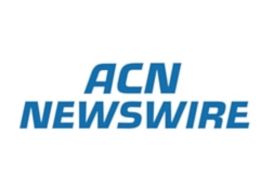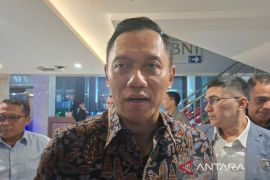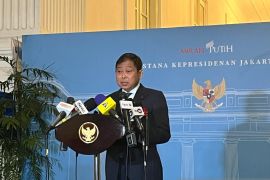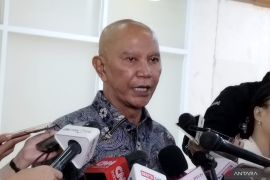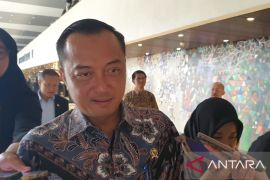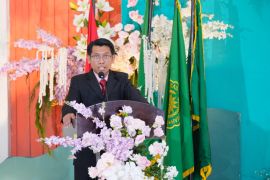This is an arena for all of us, to see and encourage 'green technology', and vehicles that are environmentally friendlyJakarta (ANTARA) - The enchantment of Jakarta as the capital city of Indonesia is an attraction for people from various regions for all activities, such as economy, industry, social and culture. While the density of activity in the capital also occurs in other major cities in Indonesia, the density of community activities in Jakarta has increased the mobility of people and vehicles.
This has caused air pollution in urban areas and beyond day by day and that is worsening the air quality.
The government, the private sector, environmental activists, and other parties, therefore, are taking an active role in overcoming the pollution.
The government through the Ministry of Environment and Forestry (KLHK) and the Agency for the Assessment and Application of Technology (BPPT) also plays an active role by conducting research and development on environmentally-friendly vehicles.
"This is an arena for all of us, to see and encourage 'green technology', and vehicles that are environmentally friendly," said Head of BPPT Hammam Riza.
BPPT is optimistic that electric motorized vehicles (KBL) are one of the "disruptive technologies" whose presence has been long-awaited as they are environmentally friendly.
"Indonesia needs a big leap towards electric cars if it wants clean air and environment," he added.
He hoped that electric motorized vehicles could soon or later replace those with fossil-based fuels.
"Of course, this new innovation must be accompanied by socialization and observation of all developments," he added.
The manufacture of electric vehicles is also expected to provide economic benefits for Indonesians.
"Our nation's readiness in entering the KBL certainly needs to be greeted with high enthusiasm to provide opportunities for all economic actors to carry out activities that encourage the competitiveness of electric motor vehicles in Indonesia," Hammam said.
Readiness
Since 2018, BPPT has initiated the acceleration of electric-based vehicles with a Pilot Project 2 BPPT fast-charging station unit at the Thamrin and Serpong BPPT locations, he said.
The unit utilizes renewable energy as an energy source to supply "charging stations" connected to electric car batteries.
BPPT has also collaborated with the Ministry of Industry and PT Mitsubishi Motor Kramayudha Sales Indonesia to test electric vehicles.
"Going forward, BPPT will focus on developing 'fast charging station' technology for four-wheeled and two-wheeled vehicles by involving domestic industries," he said.
BPPT will also focus on "battery cell" and "pack" testing technologies to support the electric vehicle battery industry.
All parties must move in unison to be able to realize the work of the nation's children who become a common goal, Special Adviser to the Coordinating Minister for Maritime Affairs Prof. Satryo Soemantri Brodjonegoro said.
"If everything is ready, next year, this means 'subject to' the certainty of government policy," he said.
The push for the development of the KBL was because Indonesia had a battery material factory in Morowali, South Sulawesi Province, which was only established on January 11, 2019, he said.
If the opportunity for KBL development is welcomed by investors, he estimates that Indonesia will be able to produce 120 thousand units of electric motorbikes per year with an estimated investment of around Rp1 trillion.
The parties involved said that they were ready to develop electric vehicles for the creation of environmentally-friendly vehicles, he reiterated.
"We are all ready," he said.
However, the obstacles faced by developers at present are not technological problems, but one of commitment and legal certainty, he stressed.
"The presidential regulation is expected to emerge immediately in relation to legal incentives and certainty for those who invest," he said.
In addition, it was necessary for the government, industry and society to create an ecosystem that could develop a national brand of electric motors, he said.
Meanwhile, the Ministry of Industry's Director of Maritime Industry, Transportation Equipment and Defense Equipment Putu Ardika said that in the past six years, compared to the previous six years, the Indonesian motor vehicle industry production had doubled.
"Its production capability has increased very rapidly as compared to six years ago," he said.
In line with the development of electric vehicles, the government will also accelerate the regulation for hybrid and environment-friendly vehicles or low-cost and green cars (LCGC), according to an official.
"The Ministry of Finance and Ministry of Industry will work together to prepare the regulations for hybrid cars and LCGC," Finance Minister Agus Martowardojo said here Wednesday.
"What we have discussed with the Ministry of Industry are not just LCGC and hybrid products; the government will develop a vehicle that runs on non-energy fuel oil (BBM). There are four or five types of these vehicles."
"These products must be manufactured in Indonesia, but because they require specialised technology, they cannot be produced in Indonesia at present. To attract investment, the government will provide fiscal incentives," he added.
Agus also mentioned that the government will provide incentives to principals who are committed to supporting such programmes and the manufacture of LCGC hybrid cars.
Editor: Bambang Purwanto
Copyright © ANTARA 2019

